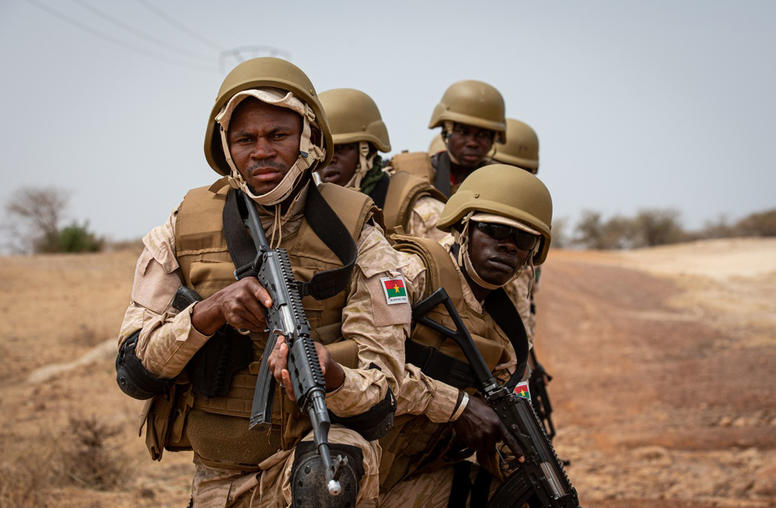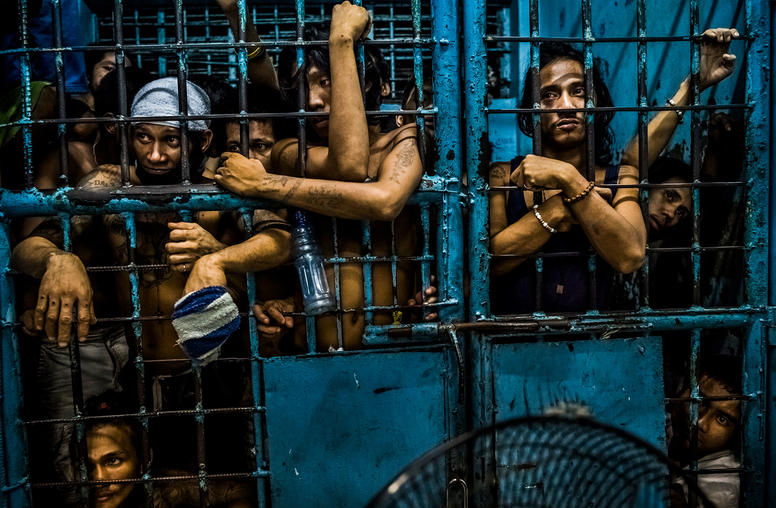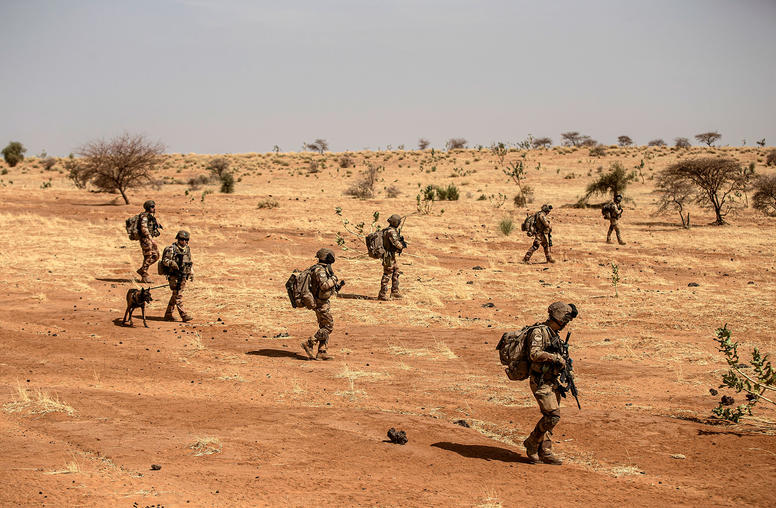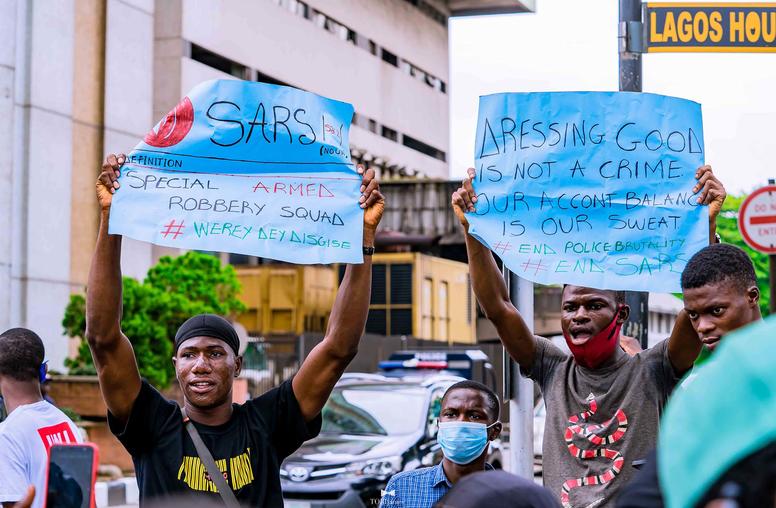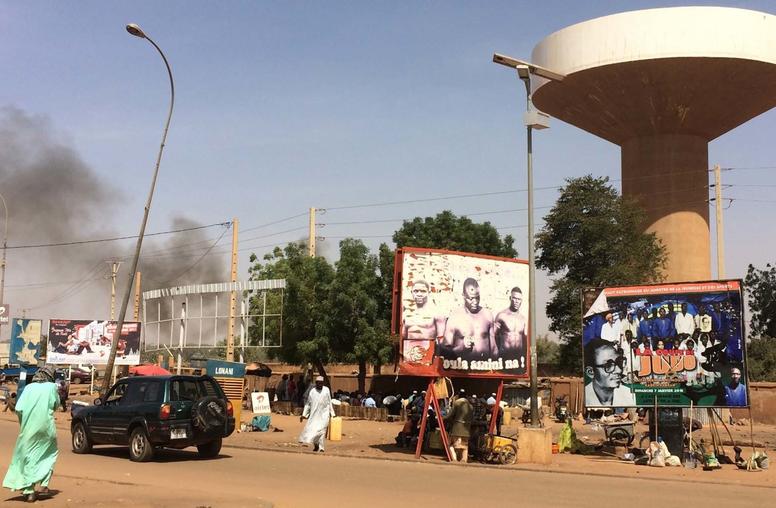Emily Cole
Contact
Please submit all media inquiries to interviews@usip.org or call 202.429.3869.
For all other inquiries, please call 202.457.1700
Emily Cole is a program officer for governance, justice and security in the Applied Conflict Transformation Center. She works on the Sahel/Maghreb Justice and Security Dialogue project.
Emily has been focused on peacebuilding, governance and humanitarian response in the Sahel for the past several years with experience in both implementation, research and policy. Prior to joining USIP, Emily worked on governance, civil society and peacebuilding programs at FHI 360. Before graduate school, she worked on advocacy and strategy with U.S. private foundations and NGO coalitions.
Emily served in the Peace Corps in Senegal and speaks French and Pulaar. Emily holds a MALD from the Fletcher School at Tufts University and a B.A. from Amherst College.
